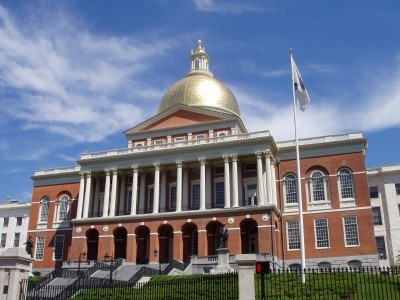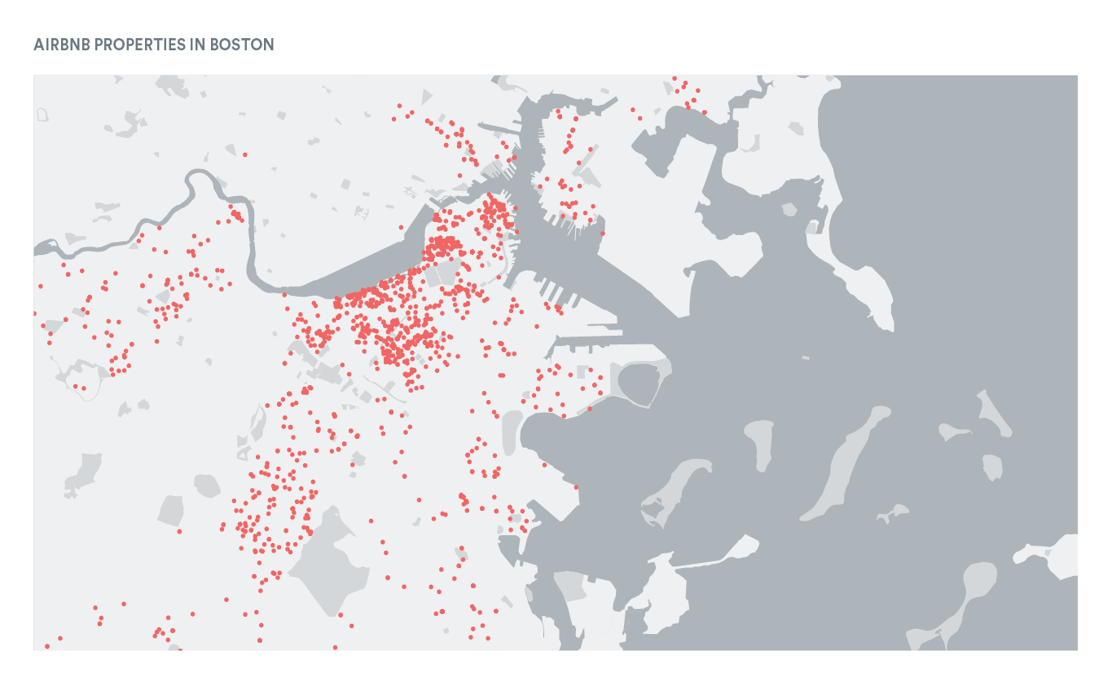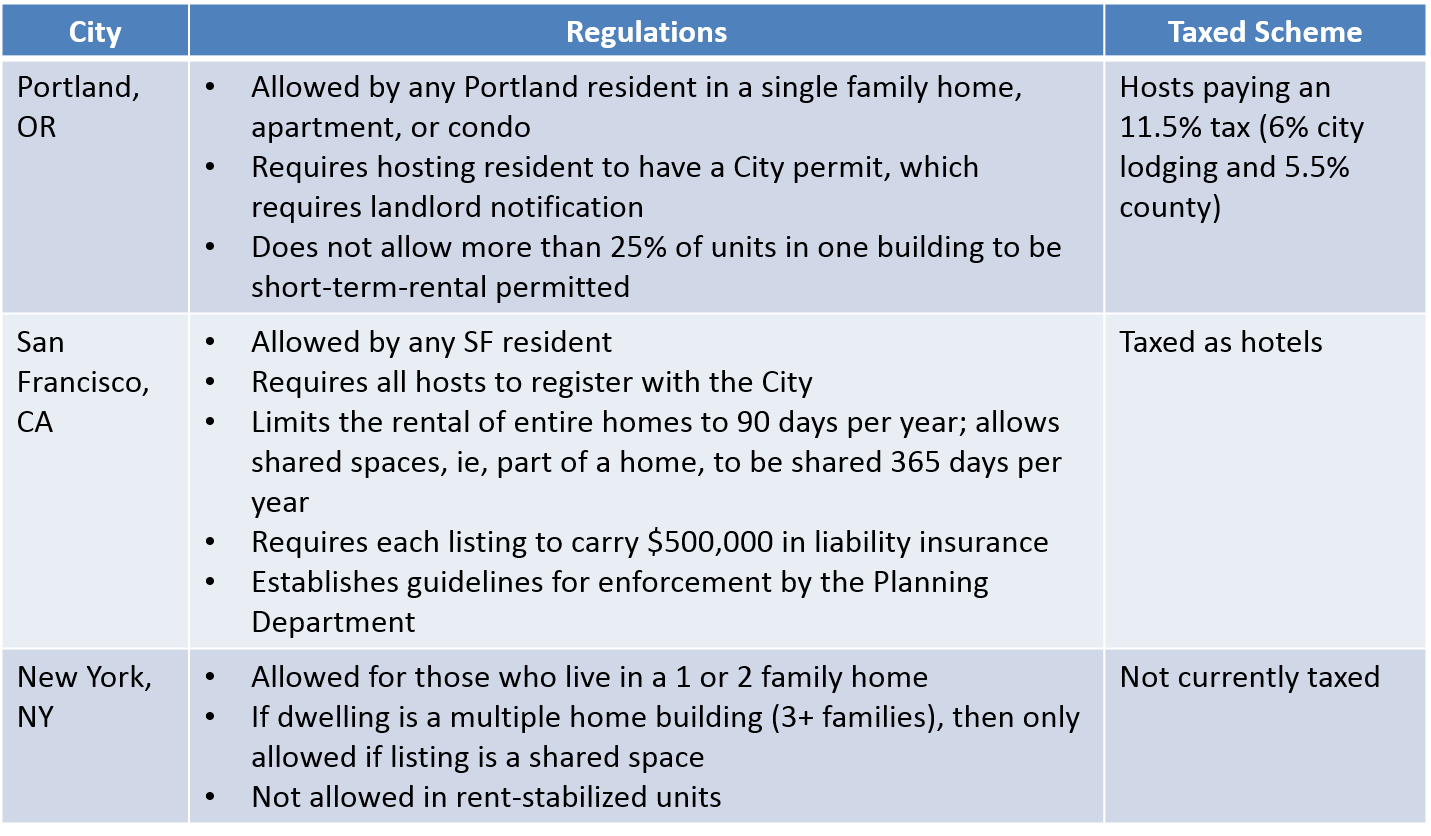Proposed MA House Bill #2816 and your Airbnb

There is a bill that has been proposed in the MA House of Representatives that could dramatically alter the short term rental landscape in the entire state. Before giving a summary and recommendations, I’d like to point out that the likelihood of this passing ‘as is’ is very unlikely, however it will take an effort from all affected parties to get the bill right. In the SF area they have already repealed a bill that was prohibitive to investors and non permanent residents much like this one, so there is a good precedent set in favor of hosts. In case you struggle with the legal jargon like us, here are some bullet points from the proposed bill (summary and recommendations courtesy of Airbnb host Nancy L.):
- Short term rentals must be the primary residence of the owner or renter, which is defined as living there for more than 60 days, and can show proof such as car registration, voting record, driver’s license, ect.
- Only one unit will be allowed to be rented regardless of the size of the apartment, or house.
- Will apply a 5% excise tax to the state and a local excise tax of 6.5% for Boston or 6% elsewhere in MA (similar to hotel tax).
- Must register every 2 years to Dept. Housing & Community Development for a fee of $50.
- Must have liability insurance of at least $500,000.
- $1000 fine per day, per unit for non compliance.
This bill will have a negative impact on property owners, which includes Airbnb hosts, Bed & Breakfast owners, vacation rentals and short term rental businesses. As stated at the hearing, many use this income to help pay off mortgages, college tuition, fix up their property or to supplement their earnings due to retirement, unemployment or an unexpected occurrence.
The Bed & Breakfast owners and the short term rental businesses have organized, met with Rep Michlewitz (the Rep who proposed this bill) and are contacting their local representatives about their issues with this bill. The Airbnb host community need to do the same so that any changes to the bill will not further negatively impact us. Our suggestions are the following:
- Remove the one unit requirement. It should be based on # of bedrooms or units in the house.
- Remove the primary residence requirement. It should be restricted to owners of properties unless permission is given by the owner. (Renters should not be allowed to rent out beds or rooms without the permission of the property owner).
- Do not require a registration. This is unnecessary and additional burden. Another tax. It does nothing to add to the safety of the rental units. Also it does not apply to rentals that are more than 30 days.
- Require property owners to place the safety precautions as in for long term rentals; fire extinguisher, smoke & CO2 detectors, emergency exits, ect.
- Reduce the tax: 2.5% for state, 2.5% local . Not to discourage travelers that have limited means.
Again, we are confident that the current bill (which would especially hurt Cape Cod and island B&B’s) will not pass in its current state, but it would be wise to contact your state representative to let them know your feelings and what short term rentals do for you (and your community). As existing hosts know well, we are bringing tourists, families, and professionals into our neighborhoods who are spending money at local establishments (per our recommendations), and helping support our local economies far more than hotel guests.
Have any thoughts or ways to help? Please contact us.

